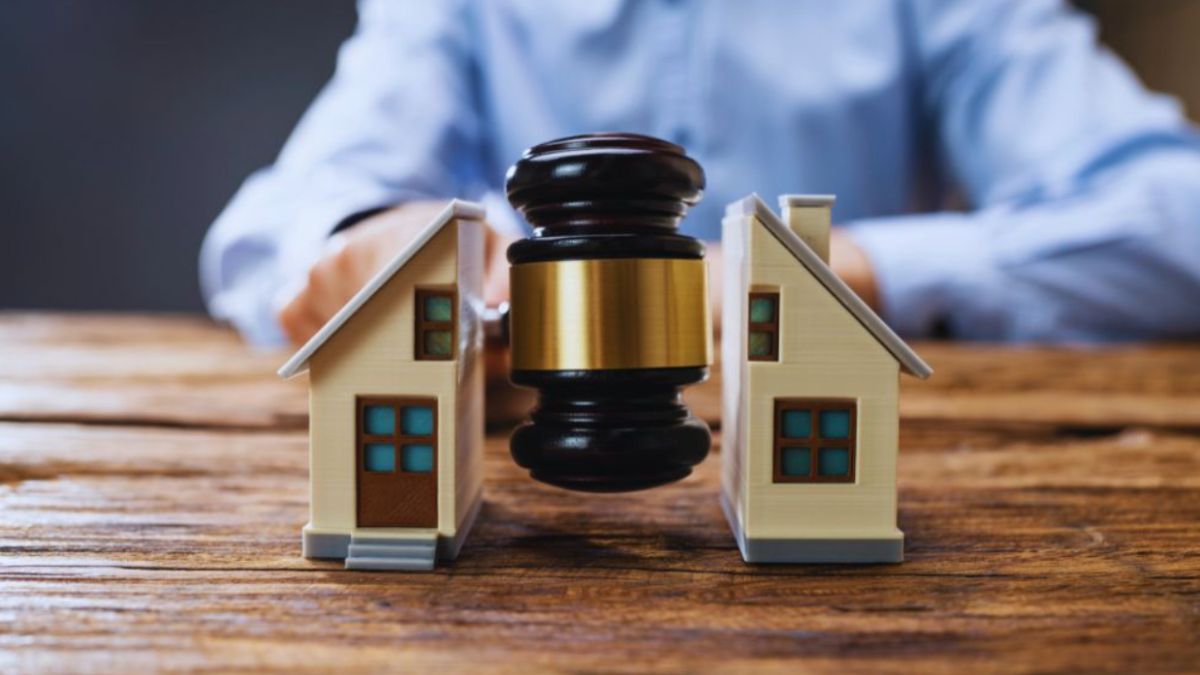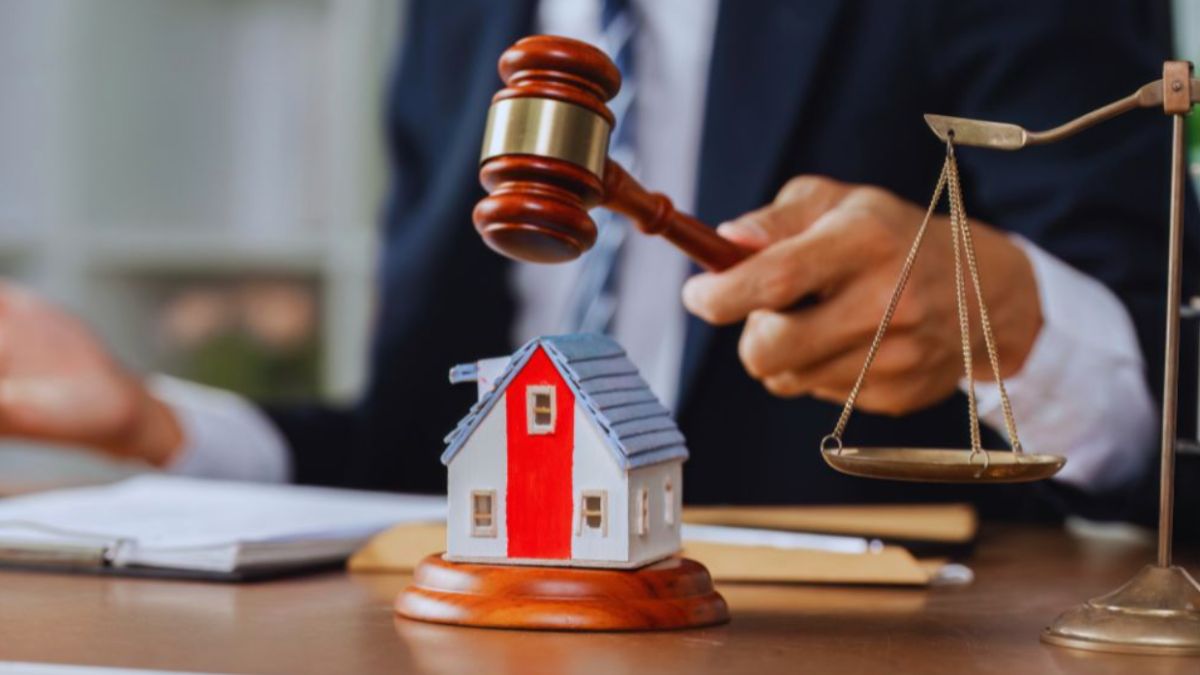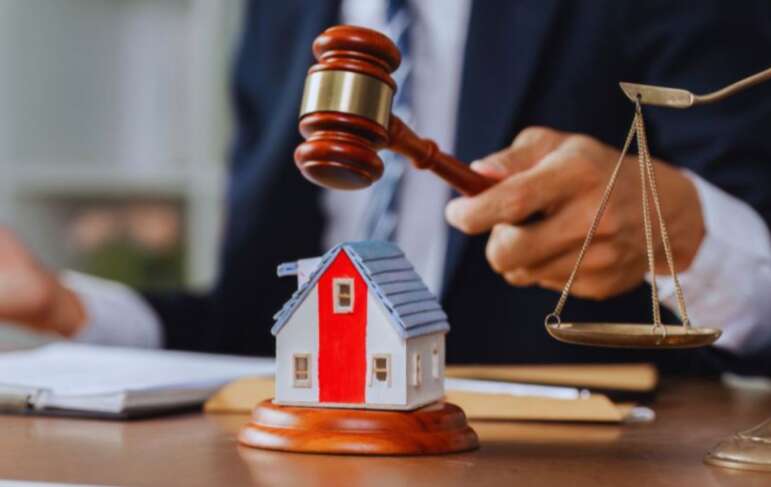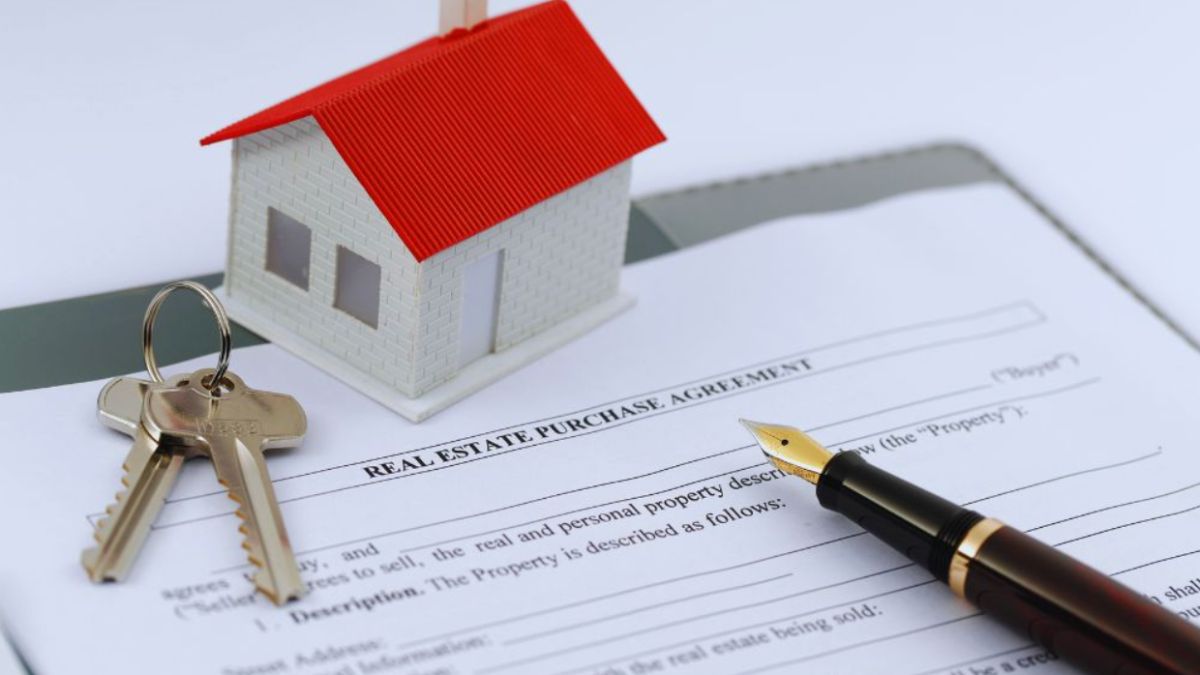Table of Contents
ToggleOwnership Rights | The Fraser Law Firm
Owning a home can feel like a dream come true, but that dream can quickly turn into a nightmare when it comes to ownership rights. Not understanding your rights can lead to serious consequences. What if your neighbor builds a fence over your property line? Or if there’s an old easement on your land? Many homeowners face these issues, often causing disputes, stress, and even legal battles. Having clear information about your ownership rights is crucial to helping avoid these consequences. However, with knowledgeable legal help, these issues may potentially be addressed more effectively, though outcomes cannot be guaranteed and depend on specific facts and applicable law.

At Fraser Law Firm, LLC, we believe knowledge is power—especially when it comes to homeownership. We empower homeowners in South Carolina to understand their ownership rights and navigate any legal concerns that may arise. Whether you’re buying your first home or have owned property for years, our legal counsel can give you a sense of control and security over your investment.
Call Fraser Law Firm, LLC at (843) 681-9111 Today!
What Are Ownership Rights?
Ownership rights generally refer to the legal rights you have to use, control, and make decisions about your property as defined under South Carolina property law. These rights may vary based on local ordinances, specific property types, and applicable legal limitations. Ownership rights are subject to state laws, court rulings, and any applicable restrictions such as easements, zoning regulations, or homeowners’ association rules. These rights typically allow you to live in, sell, rent, or change your property, subject to applicable laws and regulations. Ownership rights also include the ability to prevent unauthorized use or entry by others, although certain limitations, such as easements or legal access rights, may apply.
The Bundle of Ownership Rights
Ownership rights can be thought of as a bundle, each part allowing you to do something with your property. This ‘bundle’ includes:
Right of Possession
The right of possession means you have legal ownership and control over the property. As the legal owner, you have the authority to live on the property, rent it out, or leave it empty. No one else can claim it unless a court decides otherwise, such as in cases of unpaid taxes or foreclosure.
Right of Control
The right of control gives you the ability to use the property as you wish—within the boundaries of the law. It includes making changes, building structures, or starting a business, subject to zoning ordinances, permit requirements, and other applicable regulations under South Carolina law that may restrict or condition these activities. However, local zoning rules and community regulations may limit how far this control goes, so it’s important to know the laws that apply.
Right of Exclusion
This right allows you to stop others from entering or using your property. You can decide who is allowed on your land or in your home. If someone enters without permission, it may be considered trespassing. Exceptions include emergency responders acting in emergencies, code enforcement officers acting within legal authority, or utility workers permitted access under recorded or legally recognized easements.
Right of Disposition
The right of disposition allows you to sell, lease, or transfer ownership of your property. It means you can give it to someone else through a sale, a gift, or an inheritance. You also have the right to decide what happens to the property after your death, usually by creating a will or trust, subject to applicable South Carolina inheritance, probate, and related legal requirements.
Common Issues Homeowners Face with Ownership Rights
Disputes About Property Lines and Boundaries

Property line disputes happen when neighbors disagree about where one property ends and the other begins. Disputes about property lines may arise when fences, trees, or structures encroach onto another’s land. A professional boundary survey can provide important evidence of boundaries. Final determinations of ownership and boundary location in South Carolina may be made through legal proceedings if disputes are not resolved, subject to court jurisdiction and applicable law. Alternative dispute resolution methods, such as mediation, may also be used to settle these matters before litigation.
Restrictions from Homeowners’ Associations or Local Laws
Homeowners’ associations (HOAs) and local zoning laws can limit how you use your property. For example, they may control the color of your house, fence height, or whether you can build a shed. These rules protect neighborhood appearance and order, but they can also feel restrictive. Understanding these limits before making changes may help reduce the risk of fines or required removal of unapproved additions or structures, though outcomes depend on specific circumstances.
Easements, Which Allow Others to Use a Portion of Your Property
An easement allows another party, such as a utility company installing electricity lines, to utilize a portion of your property for a certain purpose. You still own the land, but you have to provide others access for that usage. Your property deed may note recorded easements, but in South Carolina, easements may also arise by implication or prescription. In South Carolina, prescriptive easements generally require continuous, open, notorious, and hostile use under a claim of right for at least 20 years. However, specific requirements may vary based on the type of easement and circumstances. Unlike adverse possession, exclusivity is not required for prescriptive easements in South Carolina. Easements can be temporary or permanent, affecting property use rights accordingly. It’s important to know about existing easements so you’re not surprised when someone legally enters your property.
Claims or Liens Placed on Your Property by Creditors
A lien is a legal claim a creditor places on your property under South Carolina law when debts arise from unpaid taxes, contractor services, court judgments, or other obligations. Until the lien is satisfied, it remains on your property and may prevent you from selling or refinancing. In South Carolina, certain liens—such as property tax liens or certain properly filed mechanic’s liens—may take priority over mortgages if statutory timing, filing, and notice requirements are met under South Carolina lien laws. Certain liens may permit foreclosure or forced sale if unresolved. Checking for liens during a title search helps you avoid problems when buying or refinancing a home.
Confusion About Shared Ownership With Others
Shared ownership means more than one person legally owns the property, commonly as a tenancy in common or joint tenancy with a right of survivorship. Clear, written legal agreements defining rights and responsibilities help avoid misunderstandings or disputes. Without such agreements, shared ownership can lead to costly litigation. In South Carolina, the form of ownership chosen influences rights at death and transferability, so consulting an attorney is important.
Tips to Protect Your Ownership Rights
Check the Title Before Buying
A title search in South Carolina helps identify legal issues on the property, such as unpaid taxes, liens, or ownership disputes. Title insurance, commonly purchased along with the title search, may offer protection against certain covered risks but does not eliminate all potential defects or claims, and coverage is subject to policy terms and exclusions. It is an important step in protecting ownership rights when buying a property. It confirms whether the seller has the legal right to transfer the property to you. Without this step, you might unknowingly inherit problems that could threaten your ownership rights in the future.
Read Your Deed Carefully
The deed is a legal document that outlines your ownership rights and any restrictions on the property. It might include easements, covenants, or shared access agreements. Reading it thoroughly helps you understand exactly what you’re getting and prevents surprises after the purchase. If anything is unclear, it’s smart to ask a legal professional for help.
Get a Boundary Survey
A professional boundary survey determines the precise legal boundaries of your property. While surveys may help reduce the likelihood of disputes with neighbors and unintentional encroachments, boundary lines can still be disputed in South Carolina under doctrines such as acquiescence, where adjoining owners agree—expressly or by conduct—to a boundary line over time, or adverse possession, which involves meeting statutory requirements for acquiring legal title after long-term occupation. Adverse possession in South Carolina generally requires actual, visible, notorious, exclusive, and hostile possession under claim of right for the statutory period, with specific requirements varying based on whether the property is improved or unimproved land, and may include payment of property taxes in certain circumstances. Consulting a property attorney is advisable if a dispute arises. It’s especially important in areas with unclear property lines or when fences or structures are near the edge of your lot.
Know the Local Laws
Under Title 6, Chapter 29 of the South Carolina Code, municipalities and counties enact zoning and land use regulations. These local ordinances regulate property use, including building heights, fence types, and business operations. Property owners are required to comply with applicable zoning laws, and violations may potentially result in fines, orders to remove unauthorized structures, or legal action, depending on local enforcement practices. Property owners should consult local government offices or legal counsel to understand the zoning rules applicable to their property. Compliance is required, and such rules may limit building heights, fence types, business operations, and other land uses. Hence, it is important to review the zoning ordinance applicable to your property before making changes. Learning these laws ahead of time helps you avoid violations that could result in fines, forced changes, or even legal action. Your local government office or a lawyer can provide this information.
Consult a Lawyer
If you’re unsure about any part of your ownership rights or if a dispute arises, talking to a lawyer is a wise move. A lawyer can explain your rights, review documents, and work to help resolve conflicts, though outcomes cannot be guaranteed. Legal guidance is a valuable tool for protecting your home and your investment.
Frequently Asked Questions
What Are Ownership Rights?
An ownership right is a legal right that gives a person control over a property or object. When you own something—like a house or land—you have the right to use it, sell it, or give it away. These rights are protected by law and give you the ability to make decisions about how the property is used and who has access to it.
What Does Violating the Right of Ownership Mean?
Violating the right of ownership means interfering with someone’s legal control of their property without permission. It could include trespassing, damaging property, or using it without consent. For example, building on a neighbor’s land or cutting down their trees without approval is a violation. Such actions can lead to legal consequences and may require the courts to settle the dispute.
What Are the Four Property Rights?
Right of Possession
The right of possession means you have legal ownership and control over the property. As the legal owner, you have the authority to live on the property, rent it out, or leave it empty. No one else can claim it unless a court decides otherwise, such as in cases of unpaid taxes or foreclosure.
Right of Control
The right of control gives you the ability to use the property as you wish—within the boundaries of the law. It includes making changes, building structures, or starting a business, subject to zoning ordinances, permit requirements, and other applicable regulations under South Carolina law. However, local zoning rules and community regulations may limit how far this control goes, so it’s important to know the laws that apply.
Right of Exclusion
This right allows you to stop others from entering or using your property. You can decide who is allowed on your land or in your home. If someone enters without permission, it may be considered trespassing. There are a few exceptions, like emergency responders or utility workers with legal access through an easement.
Right of Disposition
The right of disposition allows you to sell, lease, or transfer ownership of your property. It means you can give it to someone else through a sale, a gift, or an inheritance. You also have the right to decide what happens to the property after your death, usually by creating a will or trust.
Ownership Rights in Hilton Head, SC

Fraser Law Firm, LLC, advocates for ownership rights in Hilton Head, SC, recognizing their essential role in protecting personal and financial freedom. These rights allow individuals to legally own, use, and manage property—whether it’s real estate, personal possessions, or other assets. With legal protections in place, property owners can exercise their ownership rights subject to applicable laws, but disputes or challenges may arise requiring legal resolution to protect their interests. Fraser Law Firm, LLC offers trusted guidance and firm representation for clients dealing with ownership rights issues.
Call Fraser Law Firm, LLC at (843) 681-9111 Today!
The Fraser Law Firm, LLC-Estate Planning and Probate Attorney
Disclaimer: This article provides general information and does not serve as legal advice. For legal concerns, consult a licensed attorney. Viewing or interacting with this content does not create an attorney-client relationship. This includes submitting a form, leaving a comment, sending a message, making a call, or leaving a voicemail. Laws may vary by jurisdiction. Laws are subject to change; always verify current legal requirements with a qualified professional.
© All Rights Reserved.

Denny Fraser has made Hilton Head Island and the Lowcountry of South Carolina home for his family since 1973. After many successful years working in the construction industry, Denny enrolled in the University of South Carolina School of Law in 1997, and earned the degree of Juris Doctor In 2000.




